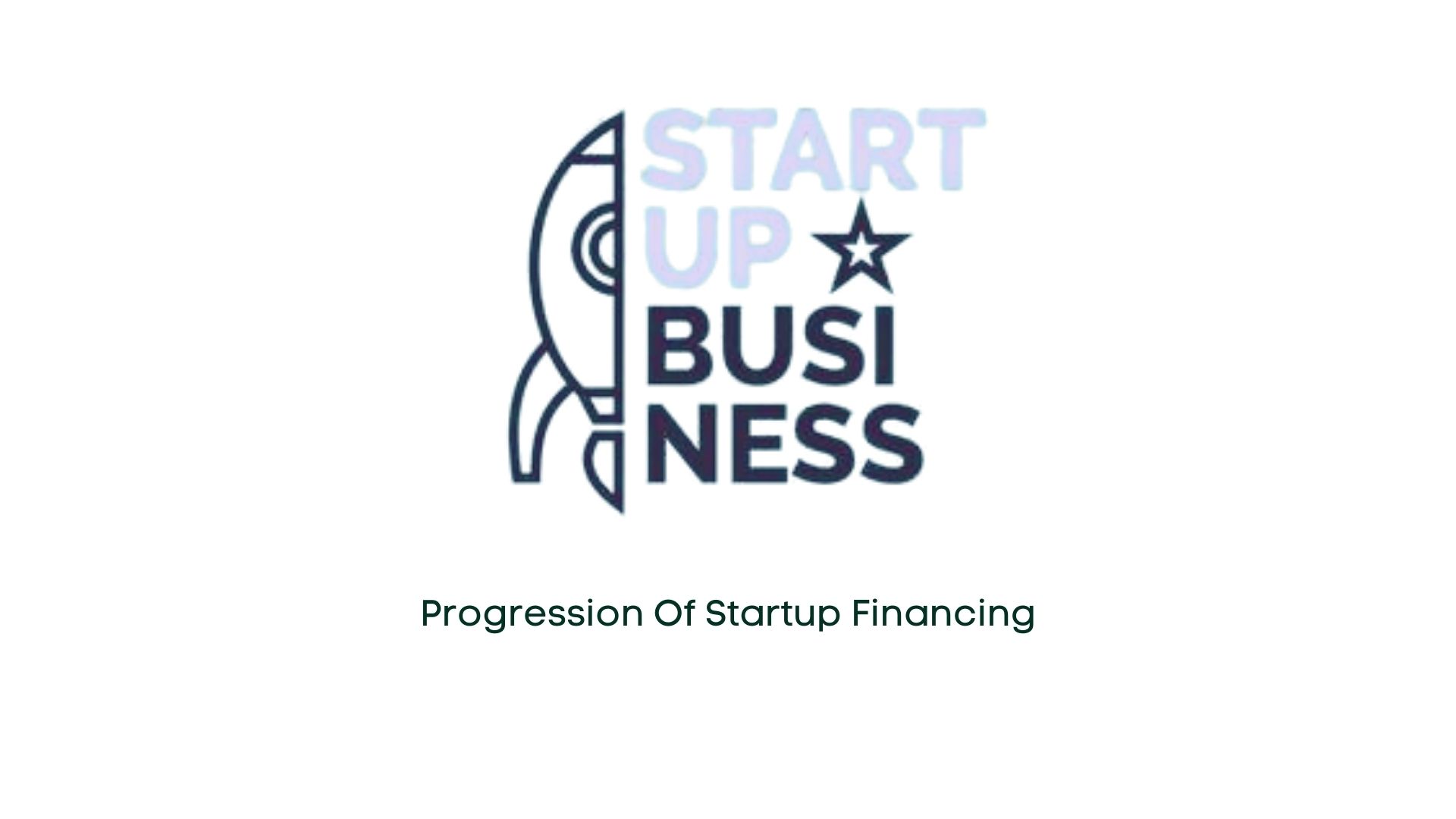
02 Mar Progression of Startup Financing

In the realm of startups, securing funding is a critical step towards realizing entrepreneurial visions. Many startups falter due to inadequate financial backing, highlighting the importance of capital infusion at various stages of growth. For newcomers navigating the intricacies of fundraising, familiarizing oneself with the distinct phases is essential.
Self-Funding:
At the outset, entrepreneurs often tap into personal resources to kickstart their ventures. This involves assessing personal investments and reaching out to friends and family for support. Self-funding, also known as bootstrapping, is ideal for ventures requiring modest initial investment.
Seed Capital:
Seed capital constitutes early-stage investments aimed at laying the groundwork for a startup’s trajectory. These funds facilitate market research, product development, and initial operations. Typically sourced from friends, mentors, or through convertible loans, seed capital sets the stage for future growth.
Venture Capital:
As startups progress, they may seek venture capital to scale operations and penetrate markets. This phase unfolds in several rounds:
Series A:
The Series A round marks the initial infusion of external capital. At this juncture, startups refine their product-market fit, bolster marketing efforts, and expand their customer base.
Series B:
With successful market validation, startups move to Series B funding to fuel further expansion. This phase enables hiring, infrastructure upgrades, and solidifies the company’s market presence.
Series C:
Subsequent rounds of funding, like Series C, offer additional capital for sustained growth. However, stakeholders exercise caution as each funding round dilutes the company’s equity.
Initial Public Offering (IPO):
For startups eyeing substantial growth and public market access, an IPO presents an opportunity to raise capital by selling shares to institutional and retail investors. While an IPO signifies a significant milestone, it also entails regulatory compliance and transparency requirements.
Ultimately, selecting the appropriate funding stage hinges on strategic objectives and growth trajectories. By making informed decisions at each juncture, startups can leverage financial resources effectively to propel their businesses forward.


No Comments